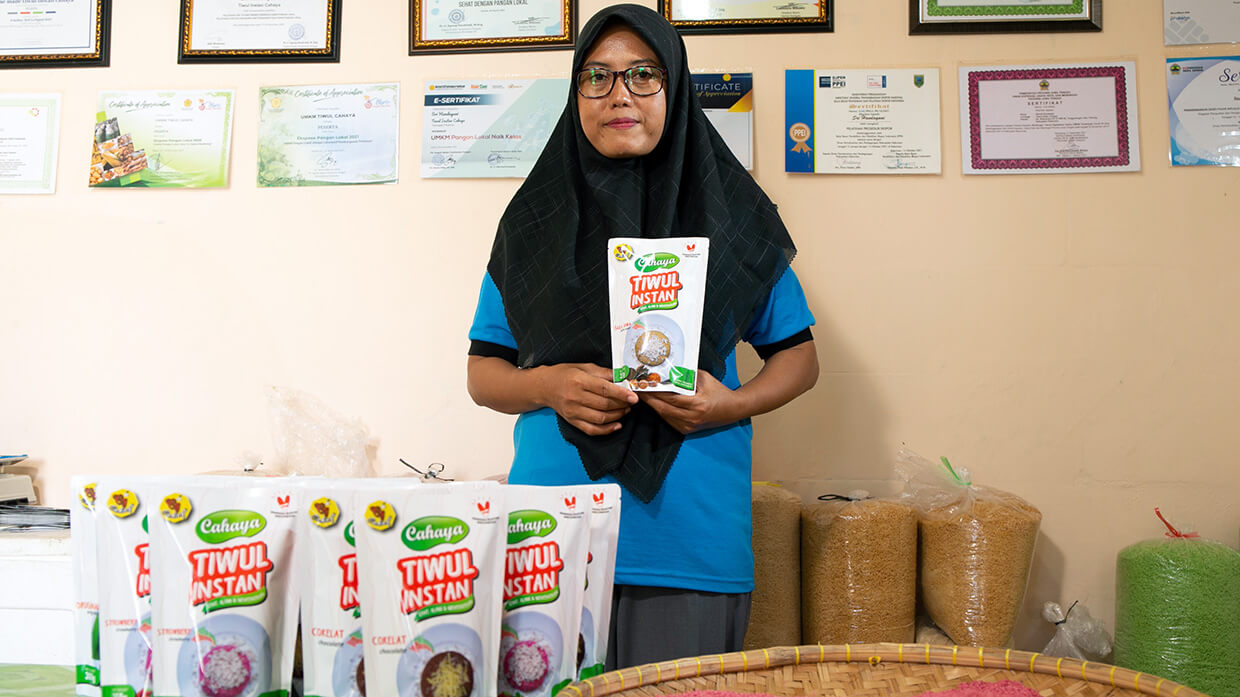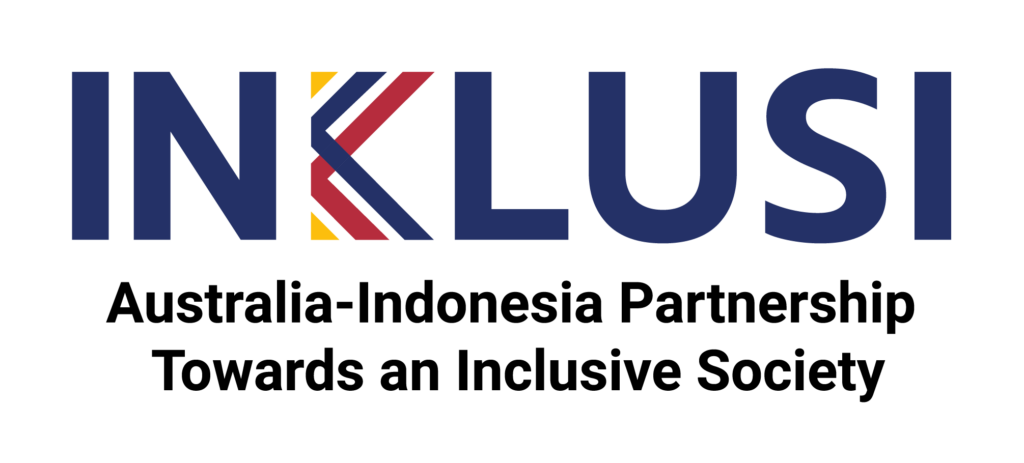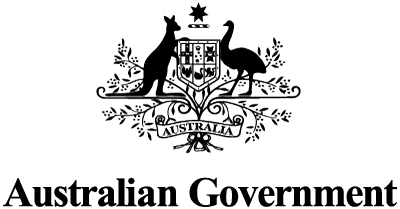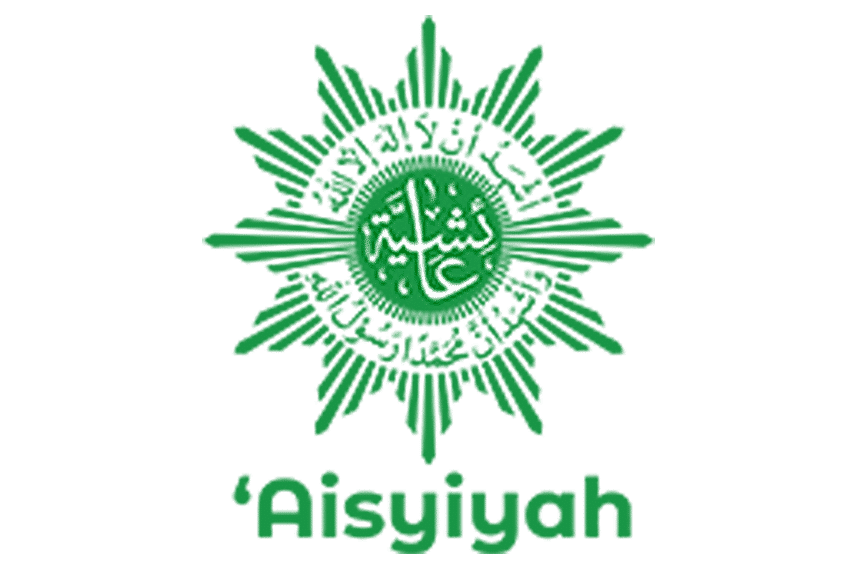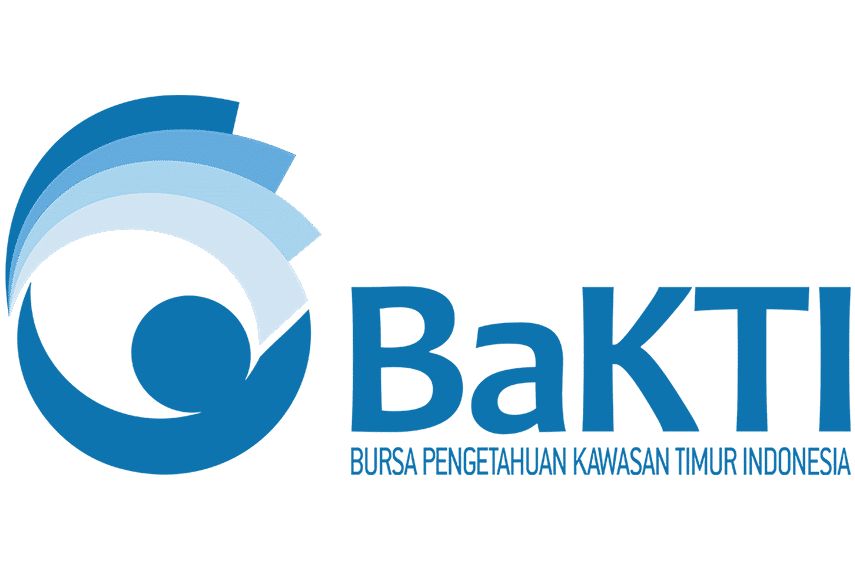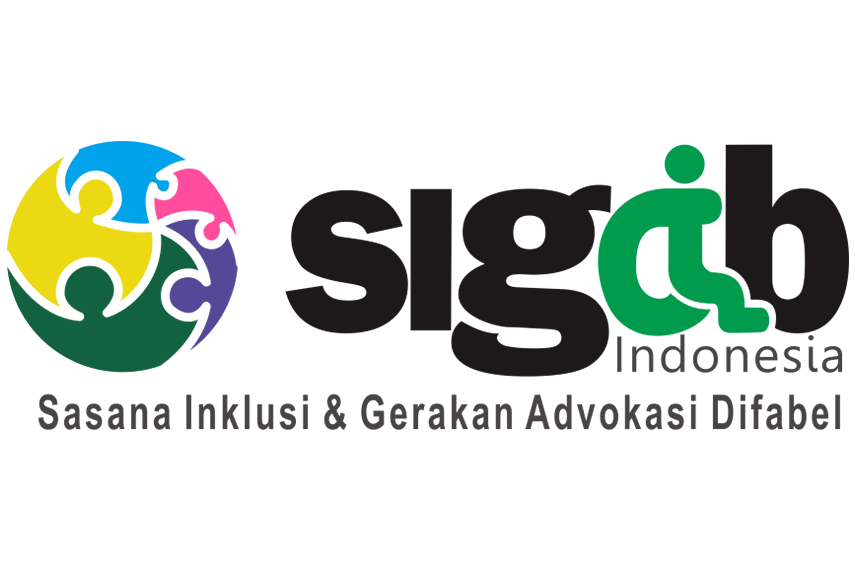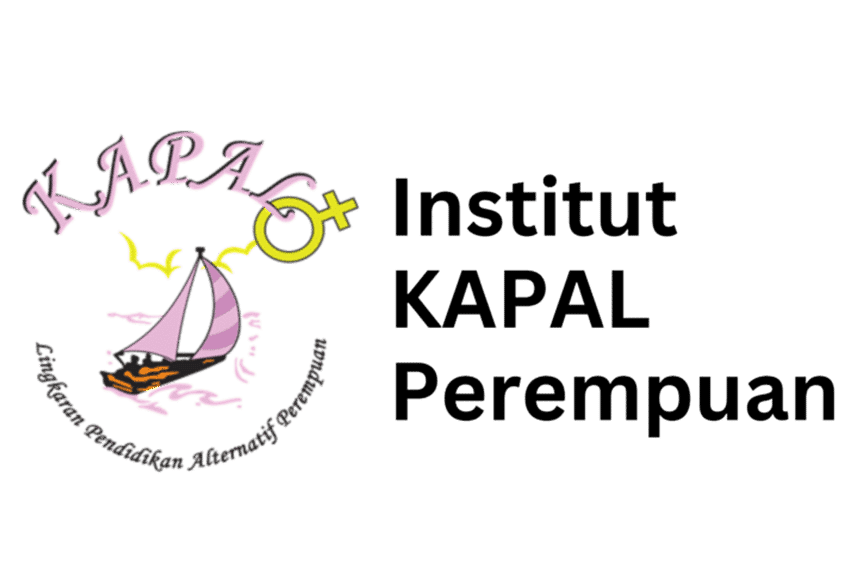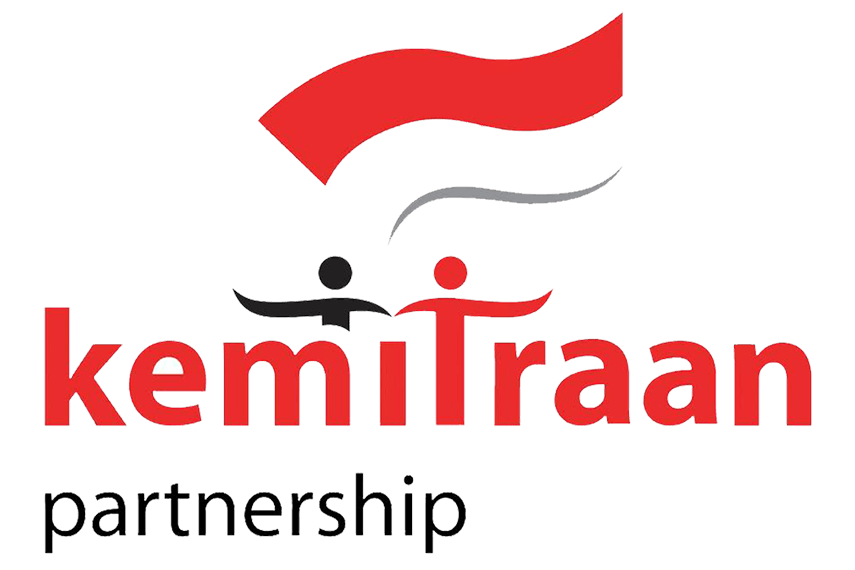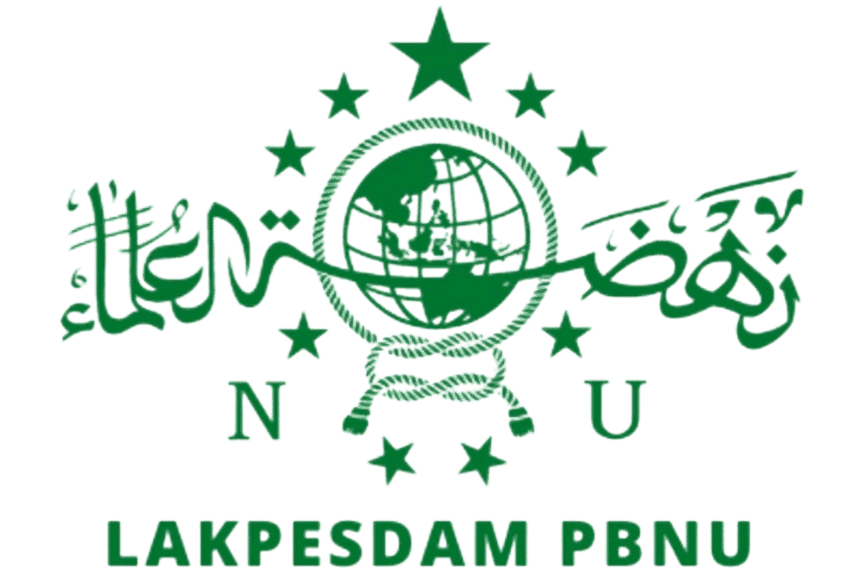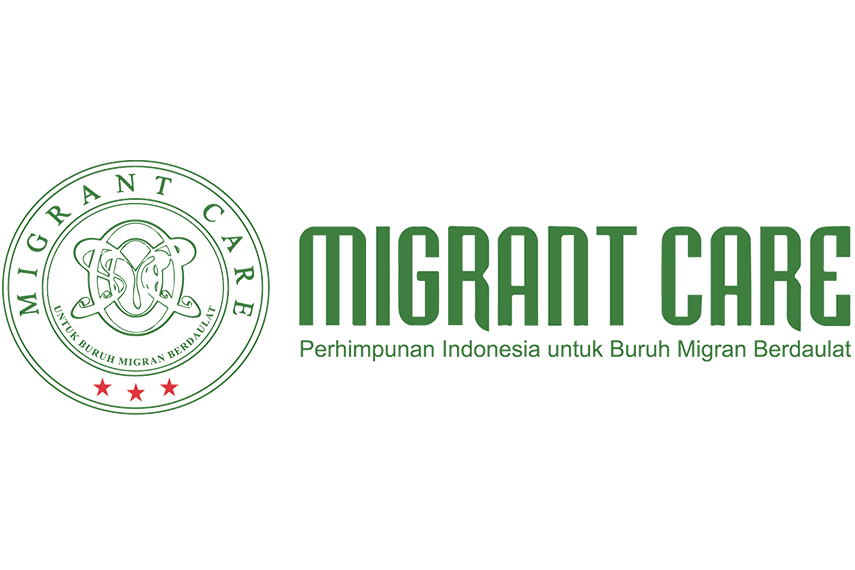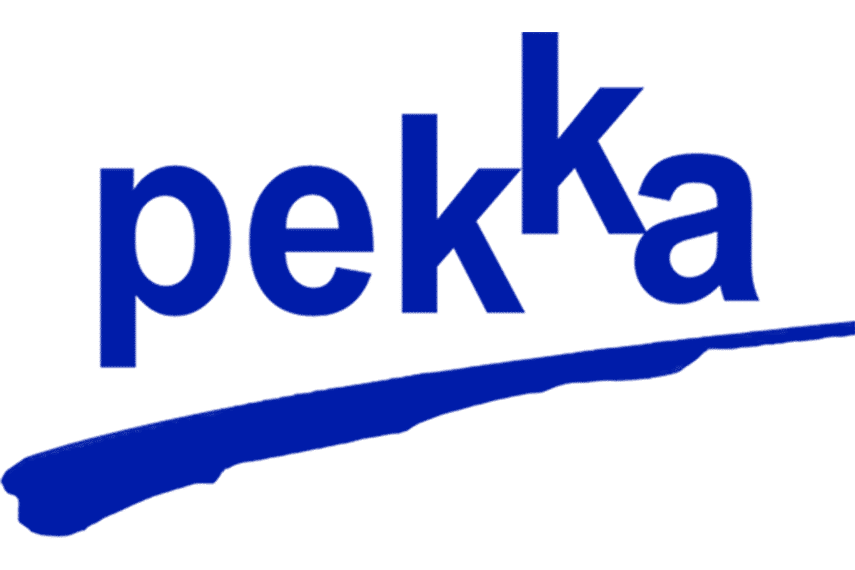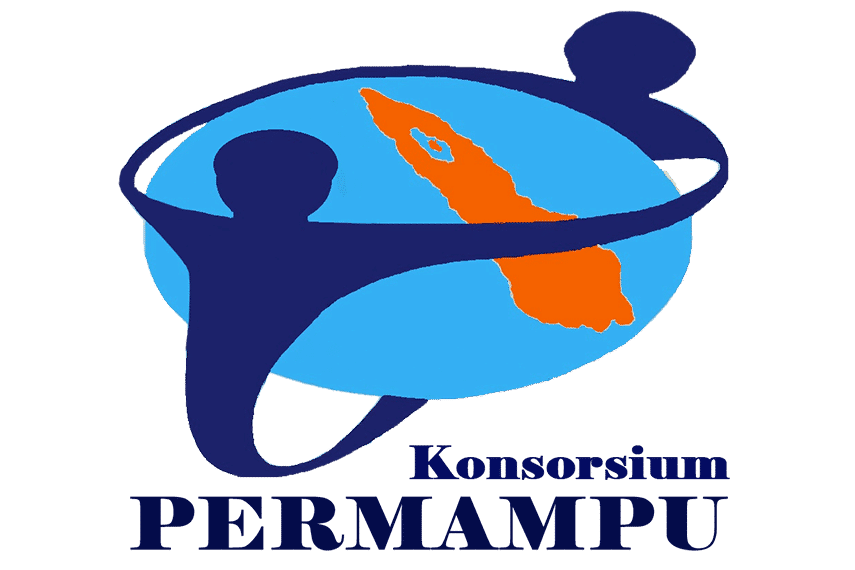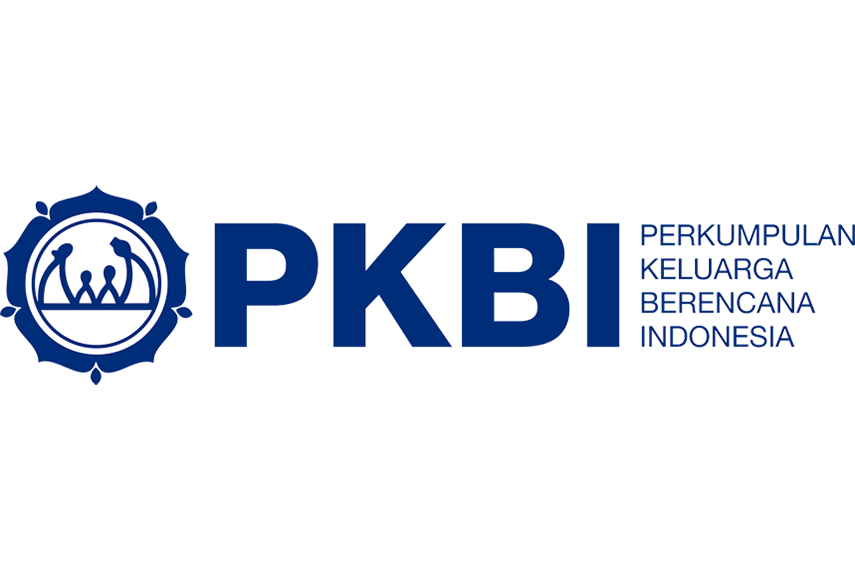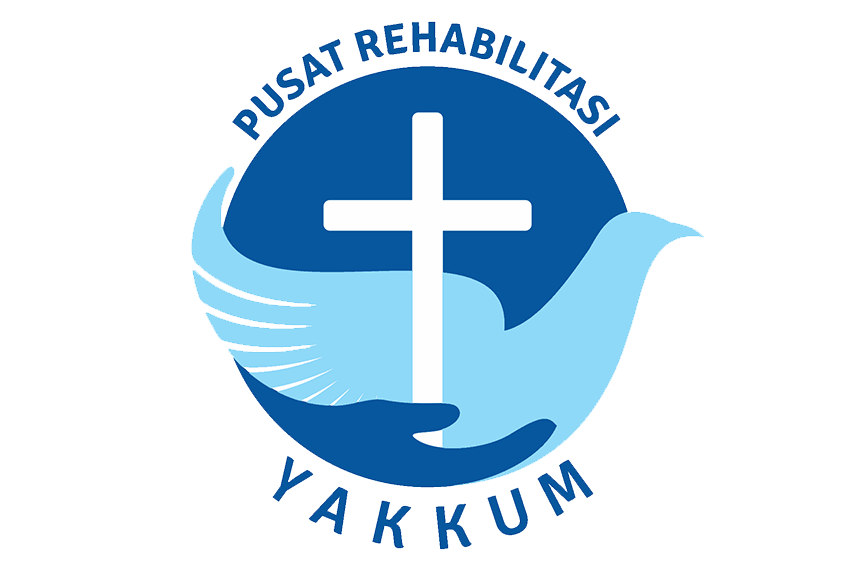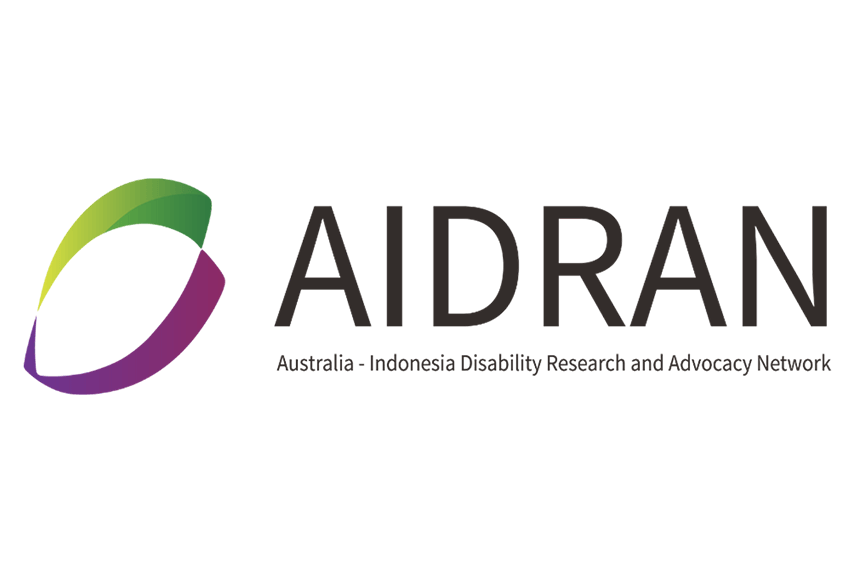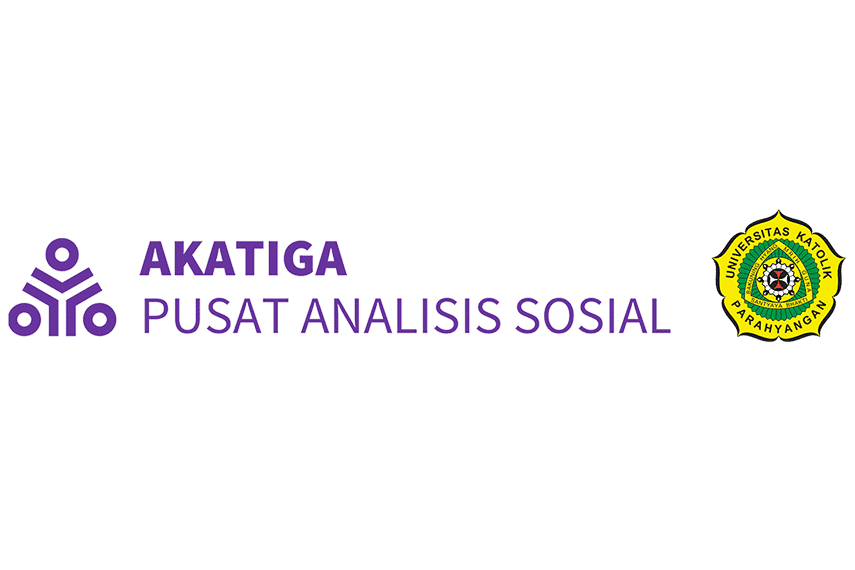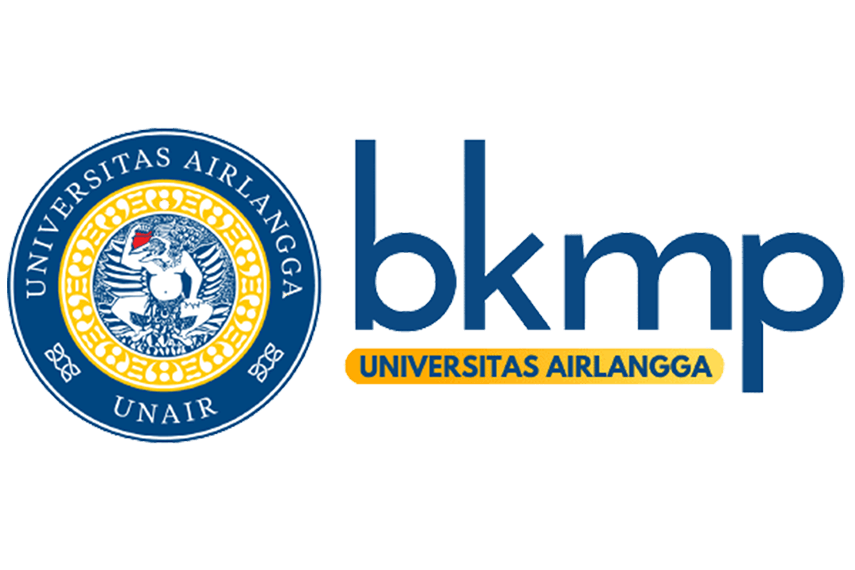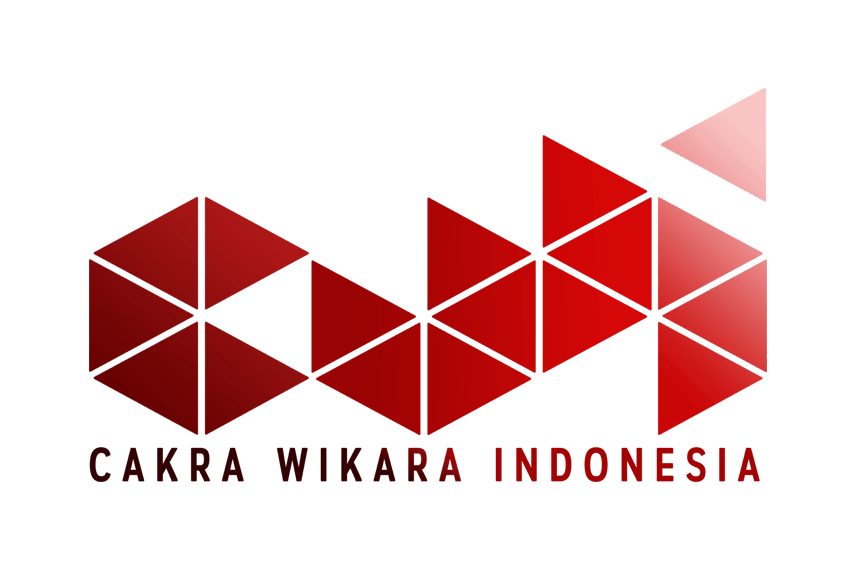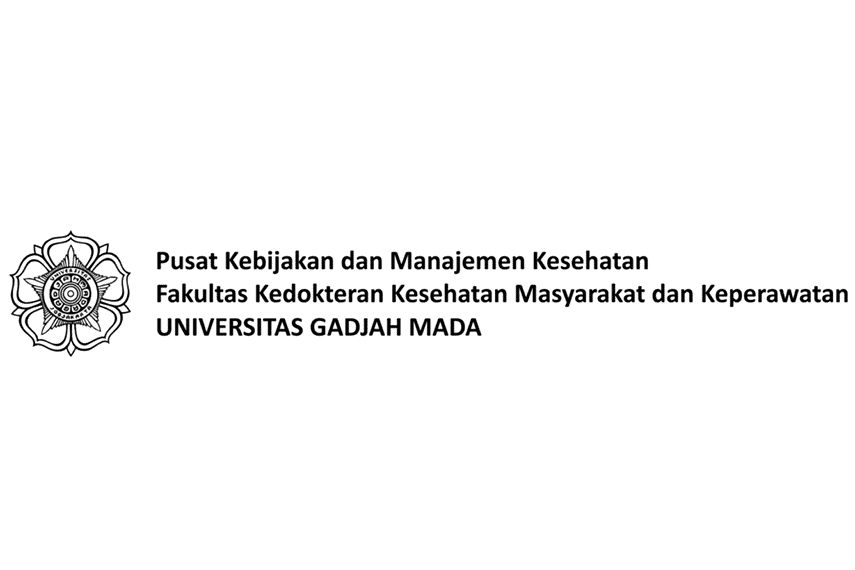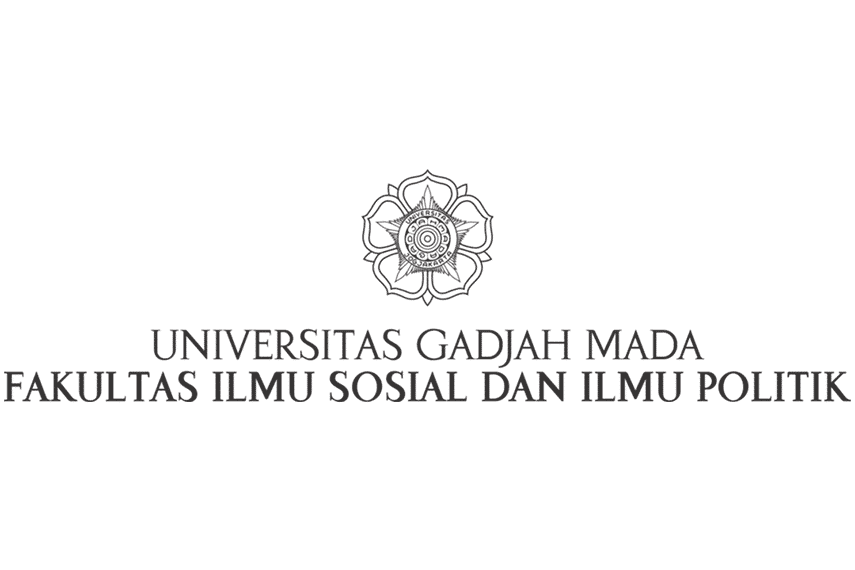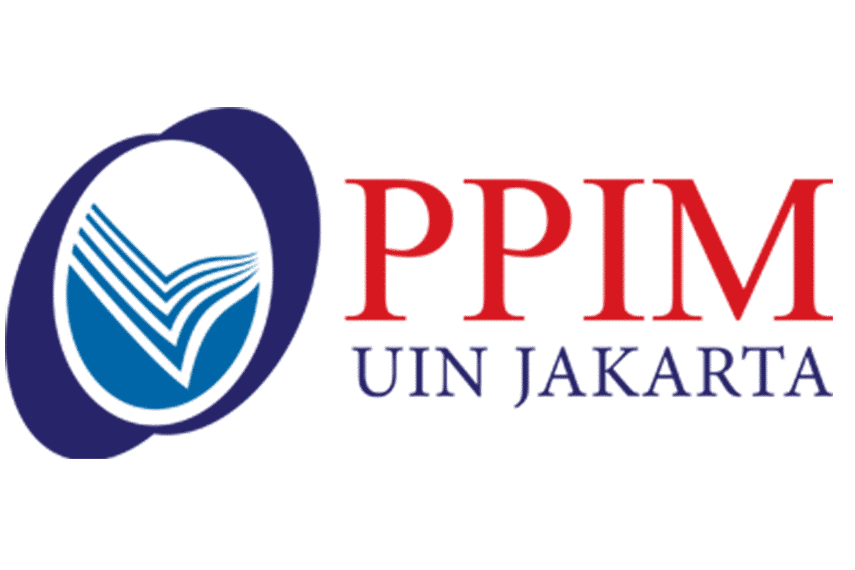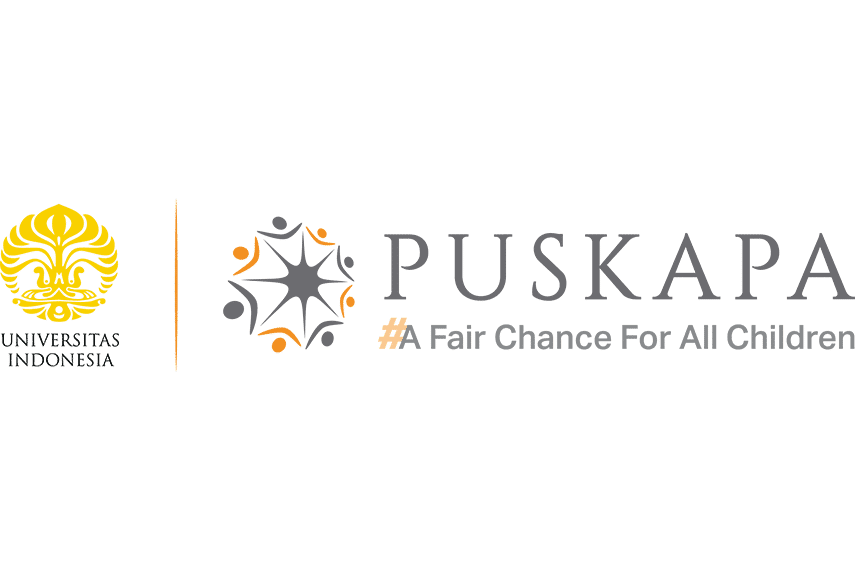INKLUSI
The Australia-Indonesia Partnership Towards an Inclusive Society, or INKLUSI, is working to increase the participation of marginalised groups in, and their benefit from, Indonesia’s sociocultural, economic, and political development.
The Australia-Indonesia Partnership Towards an Inclusive Society, or INKLUSI, is working to increase the participation of marginalised groups in, and their benefit from, Indonesia’s sociocultural, economic, and political development.
No-One Left Behind
INKLUSI works with government and civil society partners to advance their work in gender equality, the rights of persons with disabilities, and social inclusion. INKLUSI supports the Government of Indonesia’s agenda for inclusion, including through national development plans and the Sustainable Development Goals.
With our partners, we are working to advance initiatives directed at gender equality, disability inclusion, and broader policy focused on social inclusion.
INKLUSI is an 8-year (2021-2029) bilateral Australian and Indonesian Government program with a budget of up to AUD 120 million. It is partnering with 11 Indonesian civil society organisations, 8 research partner institutions and their networks across 33 provinces, >120 district/cities, >800 villages in Indonesia.
Where appropriate, INKLUSI coordinates its efforts with other Australian programs, including the Australia Indonesia Partnership – Sinergi dan Kolaborasi untuk Akselerasi Layanan Dasar (SKALA) program, the Australia Indonesia Partnership for Justice 2, and the Poverty Alleviation and Comprehensive, Inclusive and Adaptive Social Protection (PROAKTIF) program.
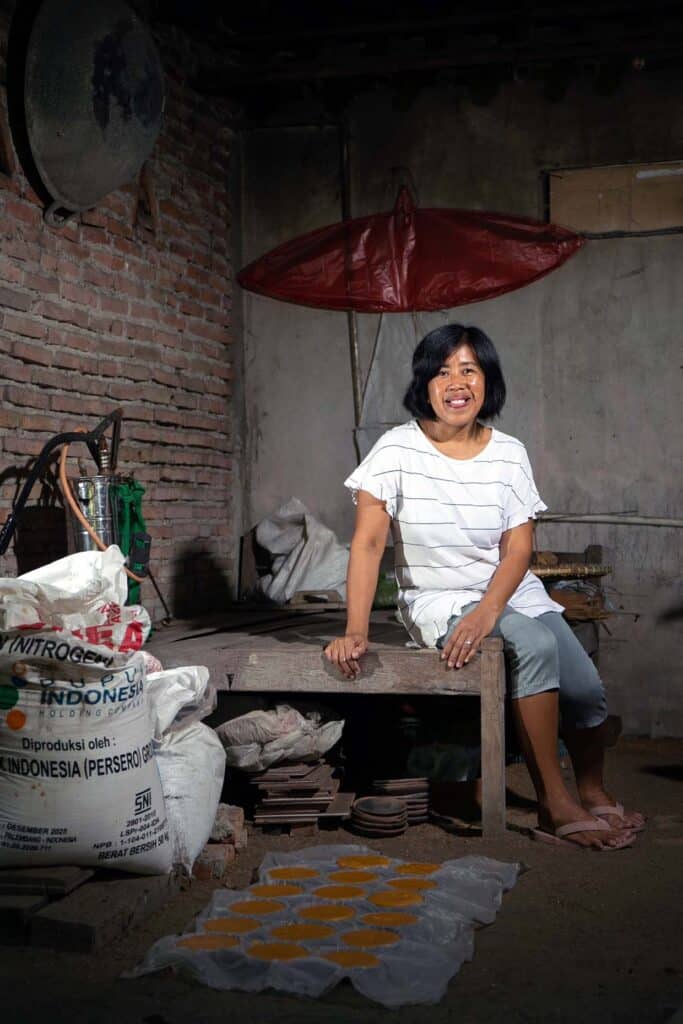
Our Vision is to ensure more marginalised people participate in and benefit from Indonesia’s sociocultural, economic, and political development.
Mission 1
More marginalised people have protection from violence and can fully realise their right to basic services.
THROUGH:
Removed barriers to obtaining legal identity so that marginalised people can access the Government’s social protection programs. Improved access to social protection and basic services, including reproductive health and basic education. Protection from all forms of violence against marginalised people, including women and children, through prevention activities, protection and response activities. Elimination of child marriage through improved regulations, guidelines and public education on child marriage law.
Mission 2
More marginalised people can benefit from fair, safe and productive employment and livelihoods, and Indonesia’s economic recovery and resilience.
THROUGH:
Economic recovery and resilience for micro and small enterprises owned by marginalised people. Improving access to fair and safe employment to support the economic recovery of marginalised people.
Mission 3
More marginalised people are actively participating in society and have equal opportunity to contribute to decision-making.
THROUGH:
Community participation by marginalised people, including in government decision-making processes. This can include leadership development, community education, strengthening women coalitions/movements and their networks, promoting the participation of marginalised people in national and subnational planning, budgeting and program implementation.
Leadership and Governance
